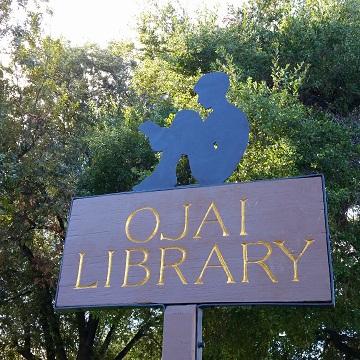 EDITOR’S NOTE | By Bret Bradigan
EDITOR’S NOTE | By Bret Bradigan
The Library Approach to News Gathering
The Sonoma West publishing chain is a small regional chain of five newspapers, serving the Napa Valley towns of Healdsburg, The Windsor Times, Cloverdale Reveille and the Healdsburg Tribune. They have a well-established reputation for excellence and community service.
They caused a major ripple in the turbulent waters of community newspapers with their innovative offer last year of a $400,000 public offering. It was in response to declining advertising and circulation revenue. For a minimum $1,000 investment, people would get a 3 percent return and invitations to special events. That’s clever and innovative. It’s also sad. If a newspaper can’t thrive in one of the world’s most affluent markets, what’s the way forward for the less upscale communities?
Imagine, having to rattle the tin cup just to stay in business in the heart of Napa Valley? Maybe it will work, maybe it won’t. Let’s hope it does, because the alternative is bleak.
The future of print publications is uncertain – it would be foolish to deny that people get their information in different ways now, with an immediacy that only digital media can provide. Information might be free, but context and understanding have never been harder to find, or provide. During the past 15 years, 1,800 newspapers have closed, and circulation has declined by more than half since the peak back in the 1980s.
There’s plenty of risk to solid community journalism in the current advertising model. In Gay Talese’s magisterial “The Kingdom and the Power” book about the New York Times, he opens by describing the frustration of advertising executives in their inability to get favorable press coverage of their major accounts, and, even more importantly, to squelch unfavorable coverage. As the financial pressures on community journalism mount, so does the leverage of money to shade, influence and even control coverage. All these are inimicable to the basic mission of providing accurate and useful information and to serve as a watchdog of the public interest.
As the old quote goes, “What someone doesn’t want you to print is news. Everything else is advertising.”
There’s another approach, one that allows newspapers to be free of influences and to become what they are intended to be — a free and impartial “honest broker.”
That’s the question Don Day, a John S. Knight Fellow, posed in his study, “How to solve the local news crisis?”
“What if an endowment were established to fund journalists across America? Thousands of them, placed in every market with a focus on issues that matter to local residents. The idea may seem crazy, but a similar idea has already been serving the information needs of communities for nearly a century.”
Day illustrates the concept with the example of Andrew Carnegie, who took the (by some estimates) $393 billion (compared to Jeff Bezos’ modet $114 billion) that he earned through oil, railroads and steel to give back his fortune through many local investments, including funding 2,500 local libraries. Day estimates that a mere(?) $8 billion could spin off $440 million every year in perpetuity.
With those earnings, he writes, “If each operation spent 10% on overhead for things like offices, computers, promotion and the like — and spent the rest on reporting resources, you could hire an astounding 4,950 journalists.
“By building a digital- and mobile-focused news operation with low overhead, no ads and minimal production cost, you can maximize the dollars going directly toward reporting.
“Each local operation could have a charter tailored to the individual area, with support from a national organization. The national organization would not contribute editorial oversight, but instead help with things like a content management system, legal resources, Freedom of Information Act requests and the like. At the local level, a strong board of directors made up of non-political community leaders would be needed to help steer the operation,” Day writes in his study.
It’s available through an online search and recommended. Given the drift of the future of information with our brains being hacked by Google and Facebook, it’s well worth considering.
Of course, this is all moot if artificial intelligence comes along. In which case, let me state clearly and unequivocally, I welcome our new digital masters and pledge my fealty (in case they decide we are to be treated the way we treat cattle or other livestock). Just kidding. Resistance may be futile, but that doesn’t make it any less necessary.

Leave A Comment